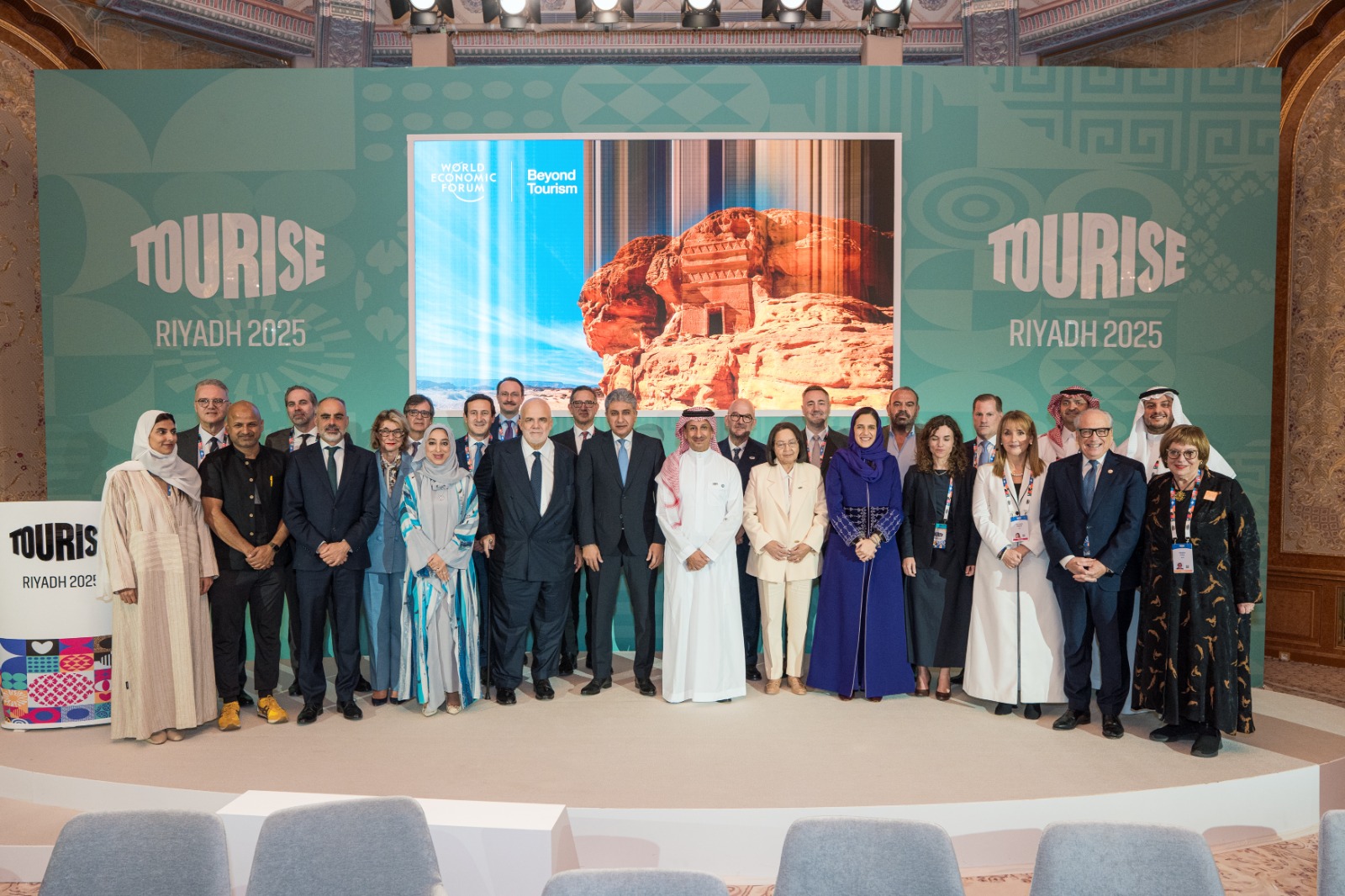
The Shanghai Cooperation Organization, which is a large international association and a large-scale political and economic community, is developing rapidly. Today there is no doubt that the SCO has been able to establish itself as a new type of international regional organization.
The formation of the Shanghai Cooperation Organization after the collapse of the USSR became a necessary step in maintaining stability in the Central Asian region. It can be said that the emergence of such an organization was inevitable, since the presence in the region of two states gaining strength and power in the person of the Russian Federation and the PRC, holding fairly close positions on many issues, would in any case lead to the formation of a multilateral dialogue in view of the need to ensure the independence of the countries representing the region from the influence of the West.
The SCO summit held in Tashkent in June 2016, timed to coincide with the fifteenth anniversary of the organization’s formation, was marked by the signing of memoranda of obligations between India and Pakistan to obtain the status of SCO member states. The Organization began to unite eight permanent members, including China, Russia, India and Pakistan, which have the status of nuclear powers, Uzbekistan, Kazakhstan, Kyrgyzstan and Tajikistan as founders actively participating in its work today, which indicates that this structure is extremely important for strengthening stability and cooperation in Central Asia.
The new foreign policy strategy of Uzbekistan over the past five years has been vividly reflected in the activities of the SCO. Within the framework of the Organization, the country puts forward many relevant initiatives and proposals that contribute to improving its image in the international arena, corresponding to priority areas of socio-economic development, actively contributes to the enrichment of the existing agenda.
 It should be noted that in 2021-2022, Uzbekistan is the chairman of the SCO. The next summit of the organization will be held on September 15-16 in Samarkand. Within the framework of the meeting held on the eve of the Samarkand summit, a plan for the implementation of the “roadmap” of cooperation between the relevant ministries and departments responsible for the development of physical culture and sports of the SCO countries for 2022-2024 was approved. The document, aimed at improving the system of holding all events at a high level, provides for cooperation in the direction of creating favorable conditions for the development of physical culture and sports, popularization of Olympic and non-Olympic sports, as well as ethnosport, professional development of athletes, coaches and judges.
It should be noted that in 2021-2022, Uzbekistan is the chairman of the SCO. The next summit of the organization will be held on September 15-16 in Samarkand. Within the framework of the meeting held on the eve of the Samarkand summit, a plan for the implementation of the “roadmap” of cooperation between the relevant ministries and departments responsible for the development of physical culture and sports of the SCO countries for 2022-2024 was approved. The document, aimed at improving the system of holding all events at a high level, provides for cooperation in the direction of creating favorable conditions for the development of physical culture and sports, popularization of Olympic and non-Olympic sports, as well as ethnosport, professional development of athletes, coaches and judges.
In order to further expand the multifaceted partnership within the SCO, a comprehensive program is being developed for the implementation of the Agreement on Long-term Good-Neighborliness, Friendship and Cooperation of the SCO member states for 2023-2027, a joint action plan for the development of intraregional trade.
It is planned to complete the process of developing and agreeing on the SCO Concept of Interconnectedness in the Field of Transport.
It is also planned to adopt a Program of infrastructural development in the SCO space, an Action program for cooperation between the leading medical centers of the SCO member states in the field of prevention of infectious diseases, a program of cooperation in the field of telemedicine, a Memorandum between the authorized bodies of the SCO member states on cooperation in the field of museums, an agreement on cooperation in the use of renewable energy sources between the member states of the SCO and a number of other important documents.







